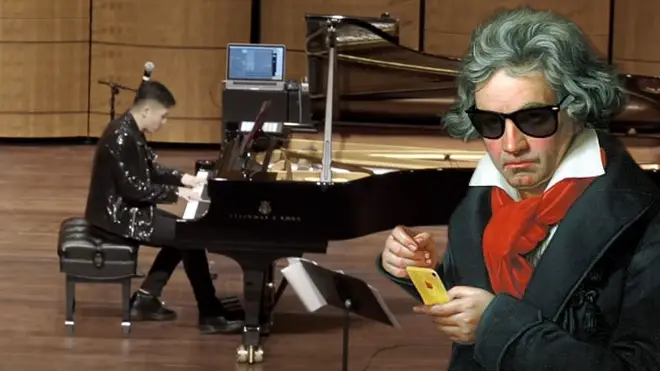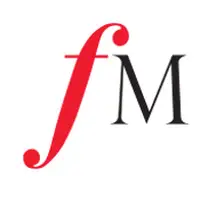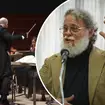Pianist creates genius dubstep remix of Beethoven’s ‘Moonlight’ Sonata, in front of live audience
13 May 2022, 09:15

Ludwig van Beethoven: the EDM edition.
The young pianist and YouTube sensation Lionel Yu is known for his EDM, or Electronic Dance Music, remixes of Beethoven’s music.
And in March 2022, he broke new ground at Washington D.C.’s Kennedy Center when he performed a dubstep remix of Beethoven’s 1801 piano masterpiece, the ‘Moonlight’ Sonata, to a live concert audience.
On the hall’s Steinway concert grand, Yu begins with the sonata’s first movement, as Beethoven wrote it. But as the piece progresses, the harmony fills out, a descant line is added, and Yu segues into Beethoven’s electric third movement.
Eventually, just before the three-minute mark, a smattering of dubstep production fades in. The track was created by the artist Lone-R, who commented on Yu’s video: “I’m so honoured that my backing track even made it into your concert!”
It was part of Yu’s two-hour concert, ‘A Transcendental Experience’, which he also live-streamed to his fans online. Yu, who is behind the YouTube channel MusicalBasics, has over one million subscribers on the platform.
Read more: Someone has made a very odd techno-pop remix of The Marriage of Figaro

Pianist stuns audience with dubstep remix of Moonlight Sonata
In the video, a live chat appears with messages from fans flooding in. “Beethoven would be proud,” one said.
Conversely, Yu asks in the video: “Sacrilegious or spectacular? You tell me.”
Beethoven’s compositions tell a story of musical rule-breaking: from using solo voices in a symphony for the first time in his ‘Choral’ Symphony No.9, to breaking new ground with that single, fortissimo opening chord in his ‘Pathétique’ Piano Sonata, and creating a new sound for classical music when he used trombones, piccolo and a contrabassoon for the first time in a symphony, in his Symphony No.5.
Beethoven’s musical forms, much like his character, were also huge and unruly, and he had a dramatic effect on the future of not only symphonies, but piano and violin sonatas, piano concertos and string quartets.
All to say, it’s not unthinkable that he would have approved of another musician continuing that rule-breaking legacy...



























